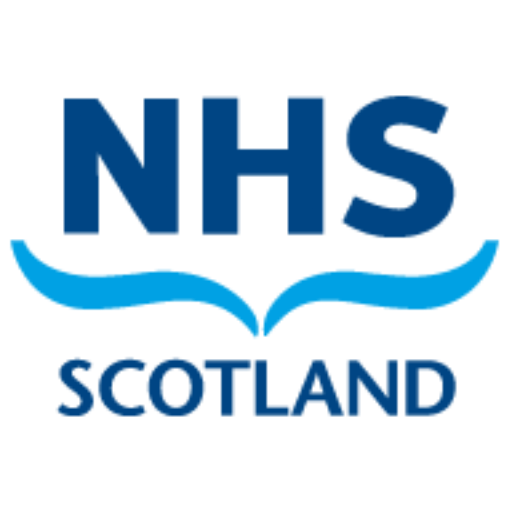Travelling is one of the most stressful situations for families with allergies. As with many things, some forward planning, and some good habits, can make life a lot easier.
Medicines
You should always have your allergy medicines with you (including inhalers, if you have them). Airlines will allow you to take medicines on board in your hand luggage, even if more than 100ml volume, but you will need supporting documentation from a medical professional. Take your written allergy plan with you as well.
Hotels
Letting them know in advance will help a lot. Most chefs will be pleased to point out which foods are safe and which should be avoided.
Insurance
You will need to declare your child’s allergy, otherwise any allergic reactions might not be covered.
Foreign languages – some useful tips:
- www.food-info.net – free lists of foods in different languages
- www.allergytranslation.com – personalized lists printed on to cards you can carry in your purse/wallet.
- Another way of doing it is to carry a picture on your phone of the food you have to avoid!
Local health care facilities (Accident and Emergency, GP) – find out in advance if possible, hotels usually have the details to hand.
Flying
There still appears to be considerable variation between different airline policies, and what actually happens on any given flight. In Dan Kelly’s recent podcast https://podcasts.apple.com/gb/podcast/diagnosed-with-a-food-allergy-at-25yrs-old-polly-parmar/id1480156487?i=1000454528538 Polly Parmar describes a flight where the airline made an announcement about a passenger with nut allergy, served her a nut free meal, but then served the rest of the flight a breakfast of Danish pastry (with pecans) and granola (with almonds).
Other people have been refused boarding https://www.independent.co.uk/travel/news-and-advice/turkish-airlines-nut-allergy-woman-denied-boarding-flight-istanbul-toronto-a9110806.html or else threatened with refusal because they have a food allergy. Bizarrely, the lack of a prescription for an adrenaline autoinjector seems to make some airlines more nervous, even though these would be people considered lower risk for anaphylaxis (if they have received good quality allergy care).
The US Department of Transportation ruled earlier this year that American Airlines were wrong (under disability rules, interestingly) to refuse permission to a family with an allergic child to board early so they could clean their seating area themselves, to avoid cross contamination of allergens.
So my advice would be, if you have a potentially severe food allergy –
- Discuss your allergy at the time of booking, not when you are getting on the plane. Check the airline website to see what their official policy is.
- As with restaurants, you cannot iwnsist on any guarantee that no one on the plane will have or eat nuts. You are however entitled to ask for reasonable precautions.
- All the food and meals you are offered will be free of the food you are allergic to (actual ingredients, rather than traces, which an airline will not be able to control), and will be clearly marked as such.
- Carry your allergy medicines with you in your hand luggage, you can even take liquids more than 100ml volume, but you will need supporting documentation from a medical professional. You should definitely take 2 adrenaline autoinjectors and/or inhalers, if you have been prescribed these.
- Take your written allergy plan with you as well.
- Bring wipes, ask if you can board in advance of other passengers so you can clean the surfaces of your seating area.
- Avoid airline blankets and pillows.
- Ask cabin crew to ensure that passengers sitting in rows close to you do not eat the food you are allergic to. Some planes will announce to the whole flight, others seem reluctant to say anything at all.
- If you see someone clearly eating the thing you are allergic to, ask cabin crew to intervene on your behalf. Try hard not to get involved in a direct confrontation but make it clear this is a potentially life threatening medical condition, not a food fad. Having a letter from your allergy doctor is useful for this too – see Travel letter template
Although having an allergic reaction on a plane (or an underground train for that matter) is most people’s nightmare scenario, actually it appears to be pretty rare. Some nut allergic people say they can feel themselves having a reaction from the breath of someone who has been eating nuts, but it is really unlikely you could have a severe reaction from someone else eating or opening a packet of nuts. There has been research into this and peanut proteins (the things that actually trigger a reaction) only circulate in the air for a few inches and a few seconds. Being able to smell nuts does not mean there are nut proteins in the air. The risk is much more from what you eat yourself (as in the case of Natasha Ednan-Laperouse) and contamination of surfaces, ie people’s hands.
And if you do think you are having a reaction, then stay calm, let people around you and cabin crew know (don’t hide in the bathroom!), follow your allergy plan. Cabin crew can ask for medical assistance from other passengers or communicate with medical staff on the ground if necessary.
